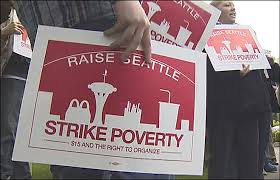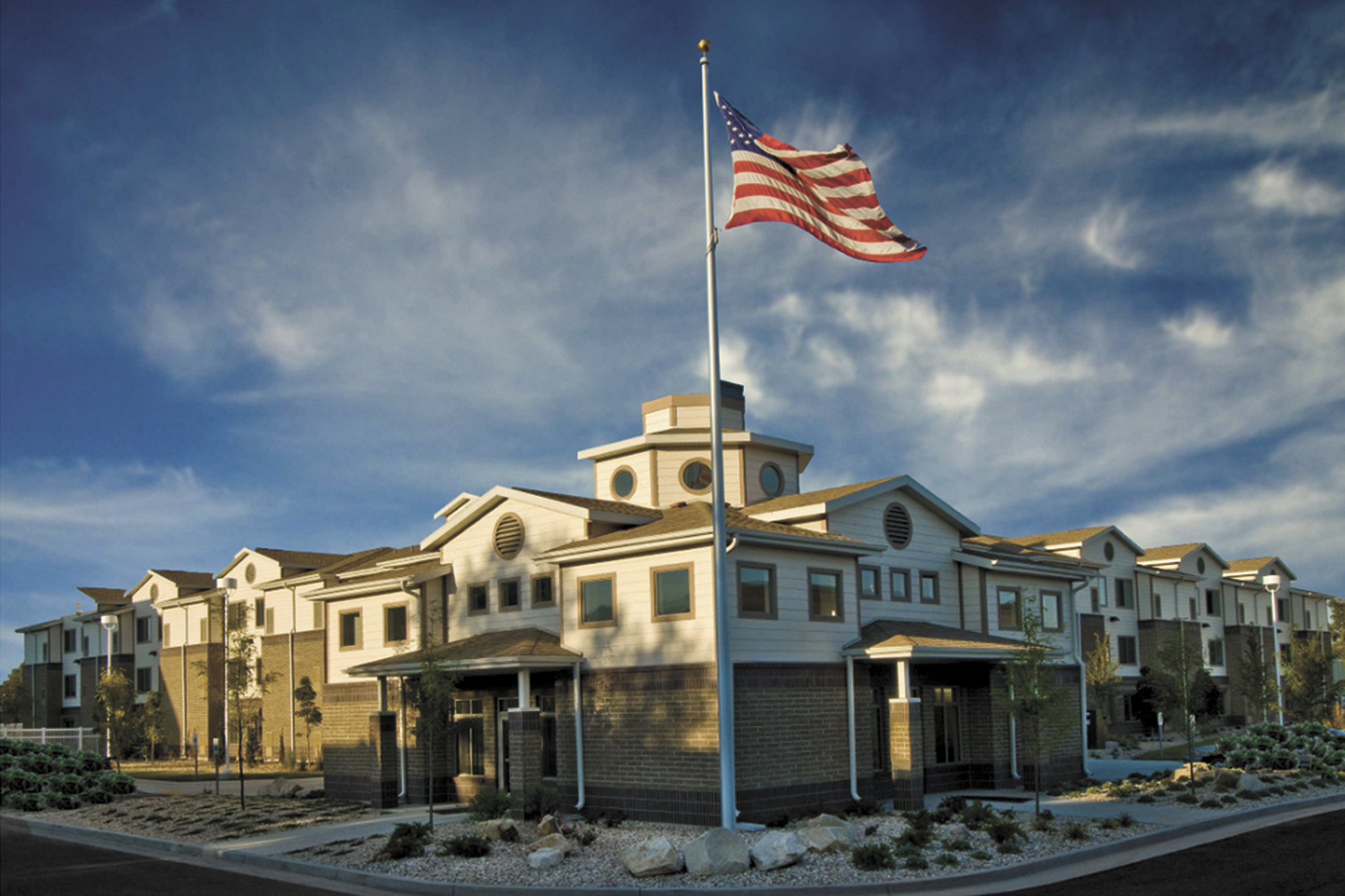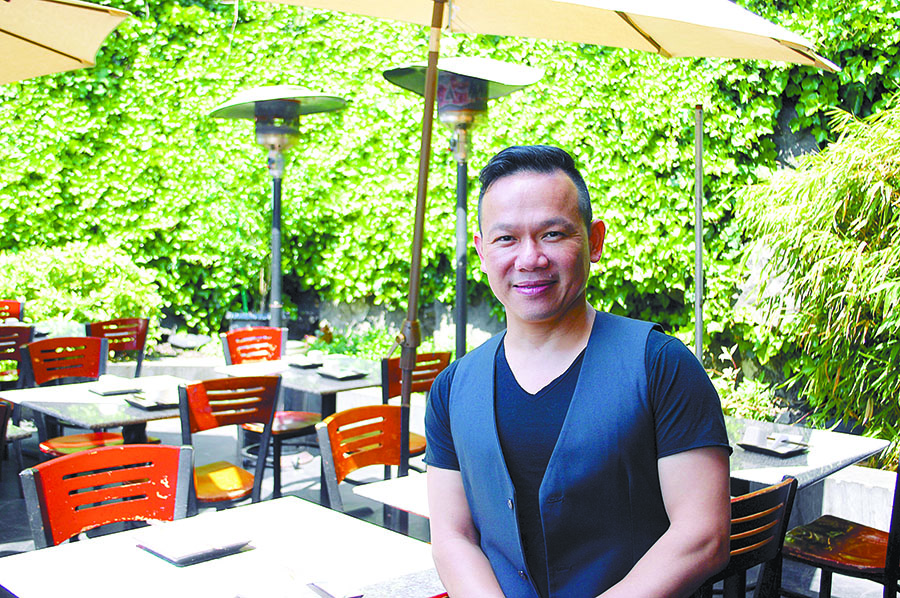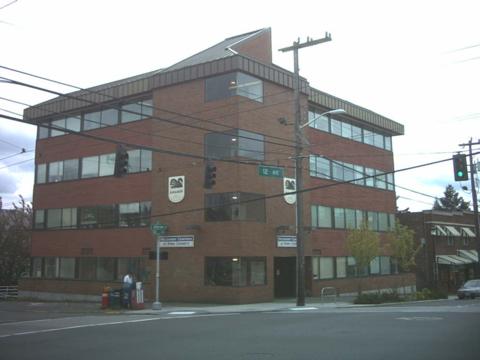While fast food “strike poverty” strikes sweep the nation, local and state politicians remain cautious as diamond cutters when asked directly whether they support a $15-an-hour wage. Lots of hemming. Lots of hawing. No one dares put their name on dotted line. (See Matt Driscoll’s “Flipping Tricks in Fight Over Wages.”)
Earlier today, state Sen. Ed Murray, at a news conference at his Capitol Hill headquarters, said he’s for a whopping 62 percent increase in the state’s minimum wage, but, he says, it’s going to have to be gradually phased in.
“Our position from the get-go,” Murray campaign spokesman Sandeep Kaushik clarified to Seattle Weekly, “is that we are for it. But it’s going to have to be a process. It’s going to have to be incremental. We are going to need to bring all the stakeholders to the table.”
And blah, blah, blah.
Everyone seems to be falling over themselves in extolling their fervent belief in a “livable wage,” but as the old Broadway song goes, “Yes, we have no bananas, we have-a no bananas today.”
Meanwhile, Gov. Jay Inslee said he supports striking fast-food workers, and tweeted today that their actions “bring needed focus to hard working people struggling to share in Washington’s prosperity.”
But again, Inslee has no intention of actually pushing for the $15-an-hour wage.
“I don’t think he’s ready to support something around a specific dollar amount,” his spokeswoman Jaime Smith told The Seattle Times
. “He is voicing support for bringing attention to the issue. The conversation about what a living wage is is one worth having.”
McGinn, too, says he favors a $15-an-hour Seattle minimum wage in general, but maintains the emphasis should be on changing the law at the federal and state level.








